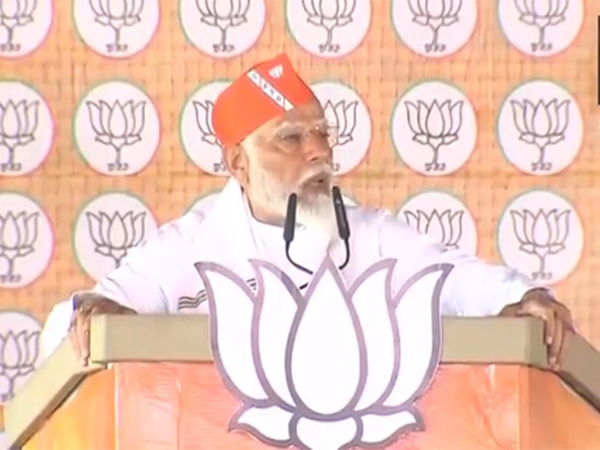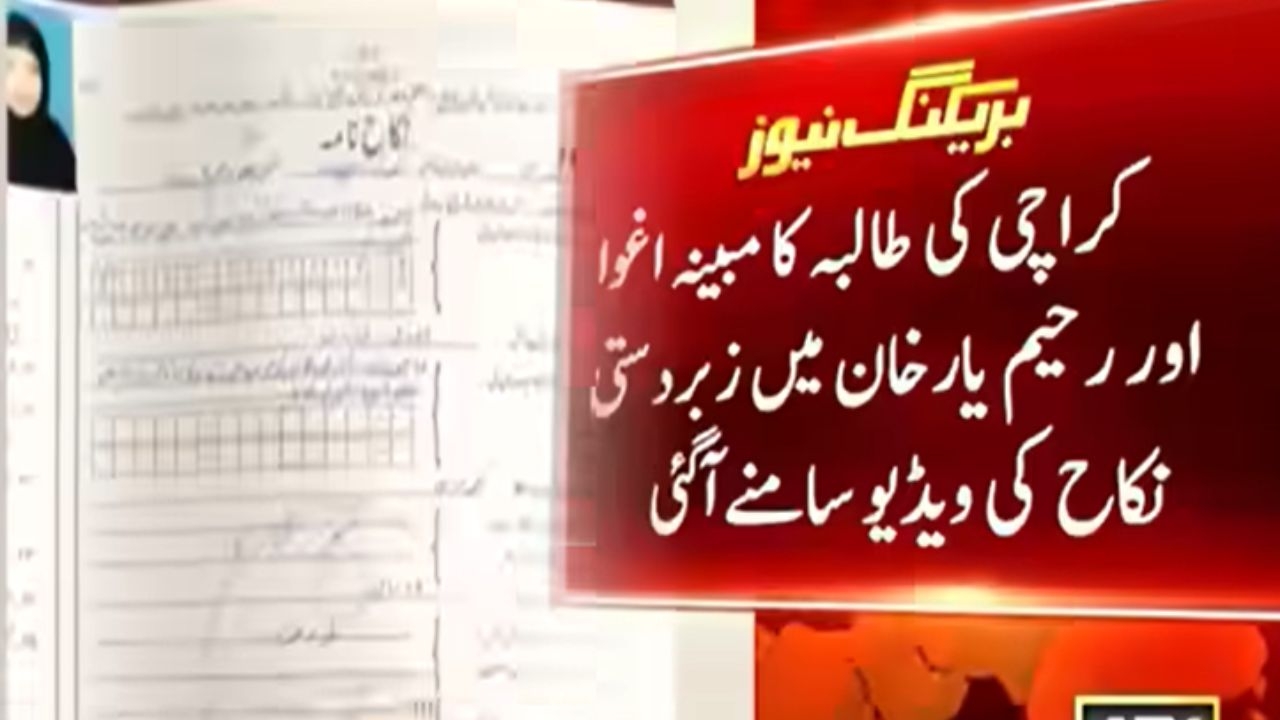Arvind Subramanian on a mission to promote dissent, praises Nehru
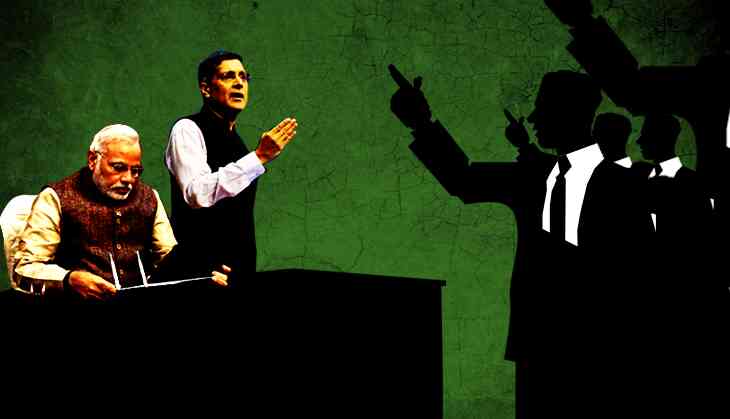
On 16 May 2014, the cultural right-wing in the country celebrated as the Bharatiya Janata Party, led by Narendra Modi, swept to power in the Lok Sabha.
In the three years since then, Modi's regime has often been accused of promoting an authoritarian model of governance with no space for the voice of dissent. Be it the JNU row, beef ban, demonetisation or the violence at Ramjas College, anyone who spoke against the government was called an 'anti-national' by pro-BJP elements on social media, as well as those holding ministerial berths in the government.
Modi's silence on these issues conspicuously lent support to the zero tolerance policy towards disagreement within as well as outside the government.
But as the government enters the last two years of its five-year term, India's Chief Economic Advisor, Arvind Subramanian, is urging experts and analysts to come out in open to show dissent against the government without fearing the people in power.
Similarity of opinion
In his lecture at the Teen Murti Bhawan in New Delhi on Tuesday, titled 'Is macro-economy commentary in India compromised?', Subramanian rued the similarity of opinion on all economic issues in the country, more so once a policy has been formulated.
Subramanian, it seems, is on a mission mode to urge economists, bankers and experts in the country to not be afraid of expressing their anti-official policy views. This was his second lecture within a week on the same subject.
Also read- Is Arvind Subramanian invoking the spirit of Raghuram Rajan's fearless expression of thought?
Quoting the example of the all-pervasive view on the need to keep fiscal deficit at 3% of the GDP, Subramanian said that this view had no logical explanation, and it was formulated by European economists. But the people hold it sacrosanct and do not question its application, even when there is a need to increase government spending.
On another occasion, Subramanian said, post-demonetisation, a consensus view from most of the economists as well as bankers was that the RBI should bring down the repo rate in the country, which would help bring down banks' interest rates. But once the RBI decided to not resort to any changes in the policy rates, all the experts started justifying the decision of the RBI.
Praising Nehru – the quintessential liberal
However, Subramanian saved the gem of his lecture for the last part of his speech. He, in his search for an idol to promote the culture of a counter-view, praised India's first Prime Minister Jawahar Lal Nehru as an ultimate champion of dissent, who was said to have taken to writing anonymous opinion pieces criticising his own polices as PM.
This appreciation of Nehru comes as a surprise, as the Modi government has been critical of Nehruvian politics as well as economics. Right-wing portals, over the years, have built up a propaganda to vilify Nehru for all the problems that India faces today.
What lies ahead? If Subramanian survives praising Nehru – a quintessential liberal – and promoting the idea that whatever the government does is not set in stone, it would be a new chapter in the reign of a government known for ruling with an iron fist.
First published: 16 May 2017, 20:30 IST

_251372_300x172.jpg)
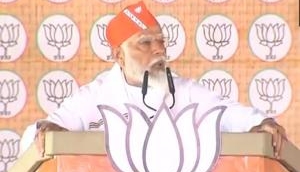

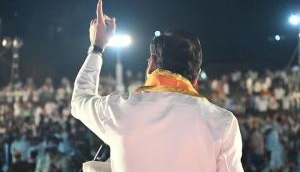
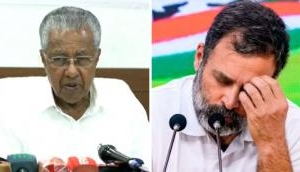
![BJP's Kapil Mishra recreates Shankar Mahadevan’s ‘Breathless’ song to highlight Delhi pollution [WATCH] BJP's Kapil Mishra recreates Shankar Mahadevan’s ‘Breathless’ song to highlight Delhi pollution [WATCH]](http://images.catchnews.com/upload/2022/11/03/kapil-mishra_240884_300x172.png)

![Anupam Kher shares pictures of his toned body on 67th birthday [MUST SEE] Anupam Kher shares pictures of his toned body on 67th birthday [MUST SEE]](http://images.catchnews.com/upload/2022/03/07/Anupam_kher_231145_300x172.jpg)


_251372_1280x720.jpg)
_251371_1280x720.jpg)

